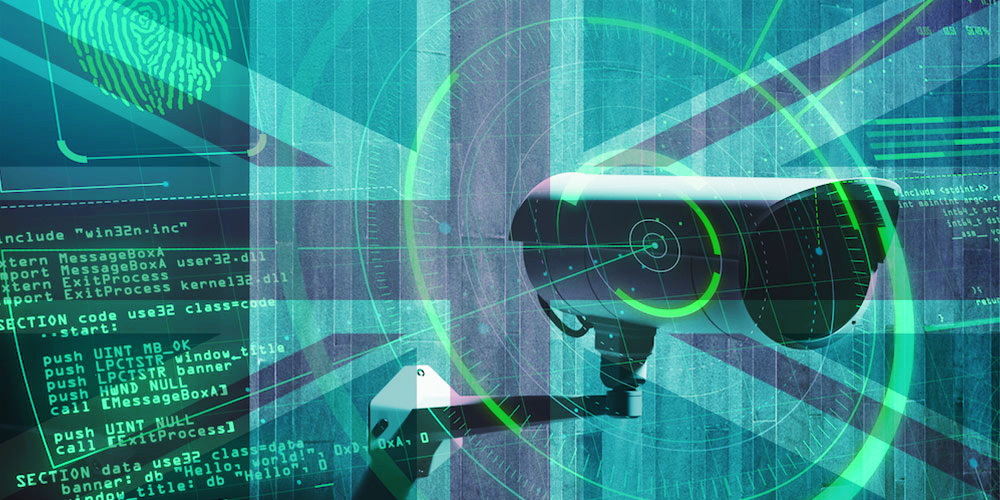There has been some dis/misinformation on the Supreme Court Determination on the #lka Online Safety Bill.
The proper way to read the determination is to start with the conclusion of the Court: that a long list of clauses in the Bill are inconsistent with the Constitution.
That means, Clauses 3, 5, 7, 9, 11, 12, 73, 74, 75, 16, 17, 18, 79, 20, 27, 22, 23, 25, 26, 27, 28, 29, 30, 31, 32, 36, 37, 42, 45, 53 and 56 require a special majority (2/3) in Parliament to be enacted into law.
That’s the starting premise.
Then the Supreme Court observes that certain amendments to these Clauses can cure their inconsistency with the Constitution, and if that is done at the Committee Stage of Parliament, these Clauses can be enacted with a simple majority in Parliament.
The Court takes several different approaches to specifying these amendments.
It first reproduces all the amendments proposed by the Attorney General to each of the above Clauses.
You can, therefore, presume that these amendments, at a very minimum, have to be adopted.
Next, the Court comments on some Clauses and proposes additional amendments. E.g. it proposes that the term ‘damage’ in Clause 3(a) be deleted – which is an additional amendment to what the AG proposed.
In such cases, the Court’s additional amendments are also required.
Then, in some cases, the Court does not comment on the Clauses in the body of the determination.
From the list of Clauses that are inconsistent with the Constitution, the Court does not specifically comment on Clauses 7, 9, 12, 19, 25, 28, 29, 30, 31, 32, 36, 45 and 56.
In such cases, it should be presumed that the Court has determined that the AG’s proposed amendments would need to be adopted at the Committee Stage of Parliament for the Clauses to be cured of any inconsistency with the Constitution.
It should also be noted that there are instances where the AG has proposed the total deletion of the Clause, and the Court has endorses the AG’s view while holding that the Clause is inconsistent with the Constitution.
E.g. the AG has recommended that the offences found in Clauses 16 (wounding religious feelings) and 20 (provoking a breach of peace) should be deleted altogether.
Since the Court endorses this view, these Clauses cannot be amended. They have to be deleted.
So, it is clear that the Court has not given the Online Safety Bill a green light.
Proper compliance with its determination requires much time and effort, and careful consideration.
Compiled from number of tweets by Dr. Gehan Gunatilleke.@GehanDG
Excerpts from a speech by former Minister and leader of the United Republican Front (URF) Patali Champika Ranawaka:
“The Online Safety Act was ushered in under the pretext that the government wants to protect masses from nefarious activities of some people online. However, when you look at the content of the act, it is obvious that this was brought to allow the President to suppress and control social media and other digital spaces,” he said.
Ranawaka said the Supreme Court, on 07 November, determined that the government needs a special majority to pass the Online Safety Bill in its present form.
The Supreme Court had said that as per the provisions of Article 84 (2) of the Constitution, the sections 3, 5, 7, 9, 11, 12, 13, 14,15, 16, 17, 18, 19, 20, 21, 22, 23, 25, 26, 27, 28, 29, 30, 31, 32, 36, 37, 42, 45, 53, and 56 needed to be passed with a special majority of votes.
“Some sections of the government and media are claiming that the Supreme Court has not made many changes and the Bill can be easily passed with a simple majority. This is not the case, the government has been asked to make substantial changes.”
